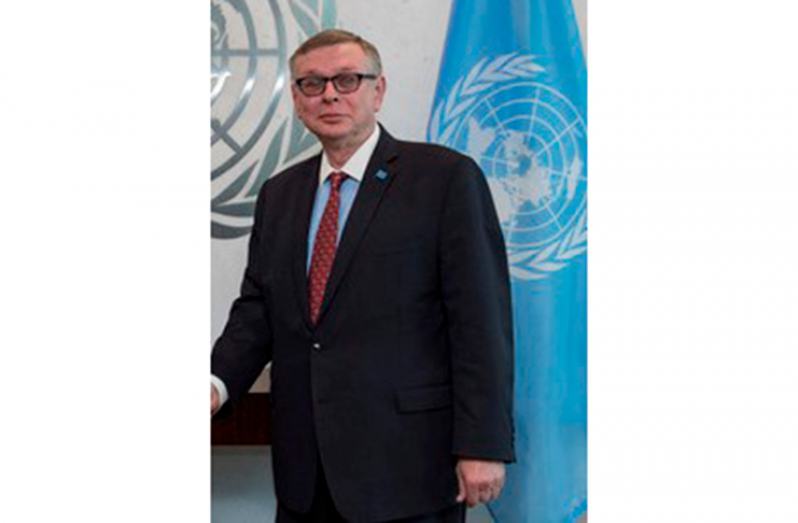THE COVID-19 pandemic has triggered much-needed discussions on the role of law enforcement in societies, as governments around the world struggle with what actions should be taken to uphold the rule of law, as it relates to COVID-19 related restrictions.
This has been recognised by United Nations (UN) Assistant Secretary-General for the Rule of Law and Security Institutions, in the Department of Peace Operations, Alexandre Zouev, who recently wrote on the matter.
Zouev noticed that where governments have responded to the pandemic with an expanded role and the forceful presence of police and other security actors, challenges have emerged whereby some countries have seen a sharp increase in arrests.
This, he noted, runs counter to the need to decongest prisons, which have suffered “disproportionally high” infection rates, both among inmates and staff, spreading to surrounding communities and potentially triggering violence.
He said that there is also a risk that some states may be utilising emergency powers to establish executive authority at the expense of the rule of law. Zouev pointed out that such actions suppress dissent and undermine democratic institutions.
Furthermore, the Rule of Law and Security Institutions expert pointed out that the pandemic provides opportunities for armed groups, including terrorist organizations, to discredit state institutions and exploit gaps in public services.
“These challenges can severely undermine the legitimacy of governments, which is critical for effective mitigation and containment strategies during public health crises, as observed in some countries when they battled the 2018–19 Ebola outbreak. It is therefore in the interest of governments to ensure that emergency restrictions on rights are necessary, proportionate, legal, and time bound,” he advised.
Zouev said that the UN has reacted quickly to provide immediate assistance to national rule of law and security institutions in a number of countries, and, in collaboration with its partners, has developed practical tools to mitigate the spread of COVID-19 in prisons.
However, he nonetheless recommended: “When the pandemic wanes, governments should undertake after-action reviews, including of performance under emergency powers, to inform future practices and reform where appropriate. The UN’s support, based on decades of best practices, can be useful in this regard, particularly in police sectors.”
He said that, as any crisis, COVID-19 may offer opportunities to make needed changes to legal systems and law enforcement practices.



.jpg)








